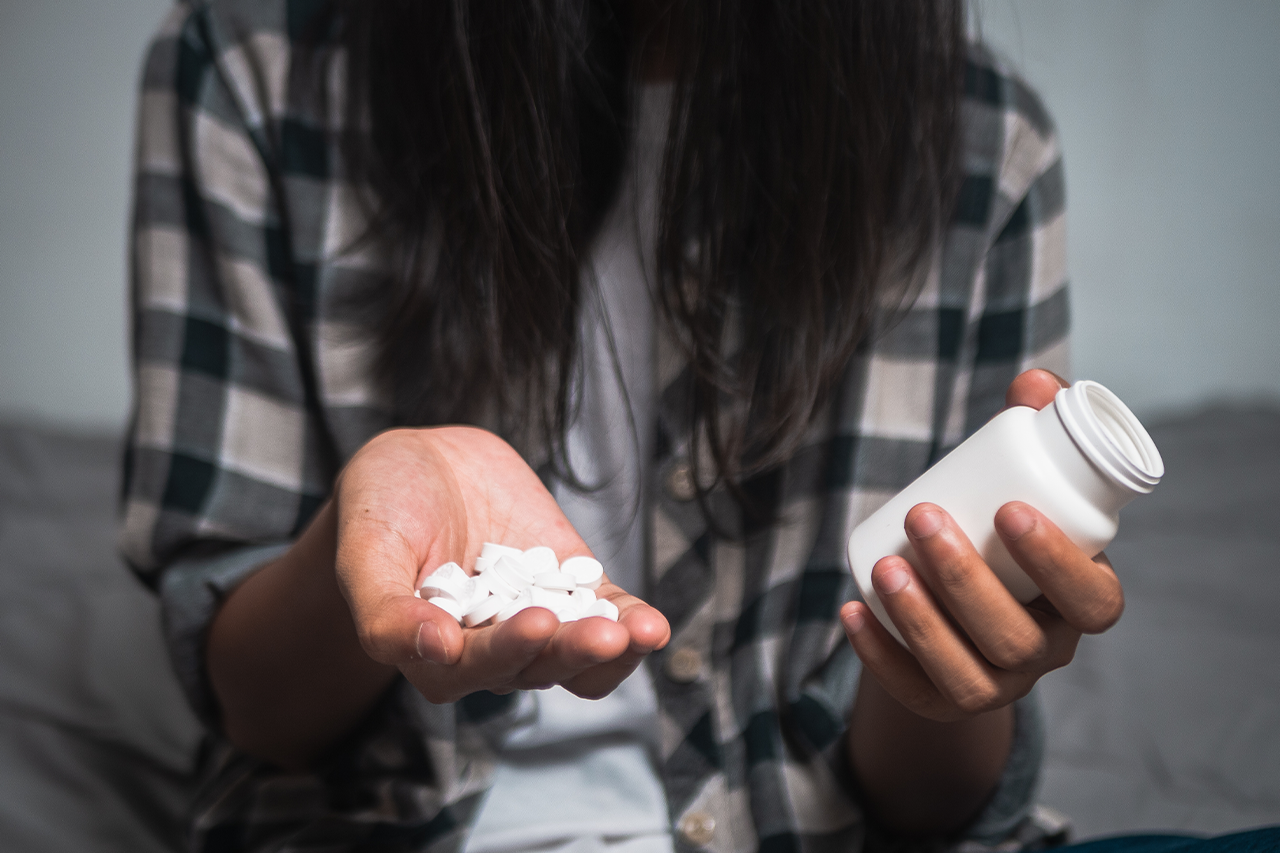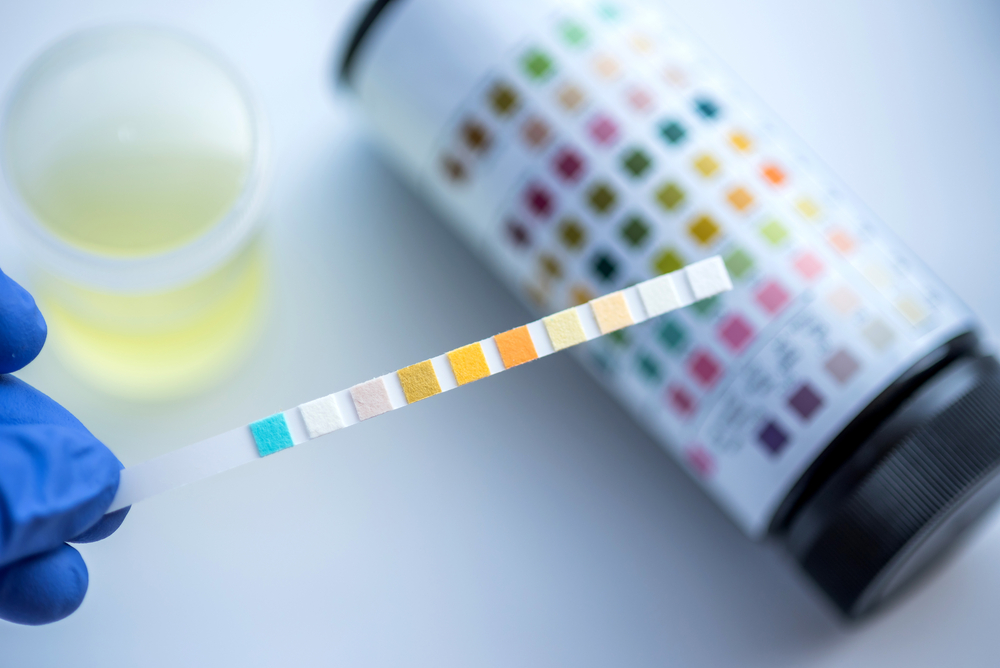
Florida Cocaine Possession: What It Gets You
December 27, 2023
Barbiturate Withdrawal Symptoms
January 26, 2024
Florida Cocaine Possession: What It Gets You
December 27, 2023
Barbiturate Withdrawal Symptoms
January 26, 2024
CBD Drug Test Detection Windows & Duration
Understanding the compounds involved, testing procedures, and unique metabolic factors is necessary when discussing CBD and drug testing. Cannabidiol, also known as CBD, is well known for its medicinal potential without the intoxicating effects of THC. Regular drug tests typically do not target CBD per se; however, some CBD products may contain trace amounts of THC, which raises concerns. This begs the question of whether THC can be found in drug tests and what influences the ability to find it, including personal preferences, usage patterns, and the kind of CBD product used. To make an informed decision about CBD use in this context, especially for those who are routinely subjected to drug testing, the drug experts at our Christian drug rehab have investigated the subtleties surrounding CBD, THC, and drug testing.
What Is CBD (Cannabidiol)?
The cannabis plant naturally contains a substance called cannabidiol, or CBD. It is a member of the cannabinoid class of chemicals. Tetrahydrocannabinol (THC), another well-known cannabinoid, differs from CBD in that it does not result in the "high" or other psychoactive effects that are often associated with marijuana use.
The human body's endocannabinoid system (ECS), a sophisticated network of receptors and neurotransmitters involved in controlling several physiological functions, is impacted by CBD. It is thought that this interaction plays a role in CBD's possible medicinal benefits.
It's crucial to remember that even though CBD is widely regarded as safe, different regions have different laws governing it and different availability. Furthermore, research on the efficacy of CBD for various conditions like chronic pain, mental illness, and sleep disorders is still ongoing, so anyone thinking about using it for a particular health issue should speak with a medical professional.
Does CBD Show Up on a Drug Test?
Pure CBD (cannabidiol) shouldn't come up on a standard drug test that looks for metabolites or tetrahydrocannabinol (THC). Instead of looking for CBD, standard drug tests, like urine tests, usually look for THC or its metabolites.
But it's important to consider the following factors:
- THC content in CBD products: Certain CBD products, particularly those marketed as "full-spectrum," may include very small levels of THC (less than 0.3%, which is within many jurisdictions' legal limits). This might result in a positive drug test result, particularly if the person regularly consumes large amounts of these products.
- Product quality: The labeling of the CBD product must be accurate and of high quality. Reputable producers offer independent lab reports detailing the THC content and other cannabinoid content. Selecting goods from reliable vendors can help reduce the chance of inadvertent THC exposure.
- Individual variability: Individual characteristics can differ, including metabolism and the way a person's body uses cannabis. Although a positive drug test from CBD alone is less likely, individual results may vary.
CBD Drug Test Detection Windows
Because CBD is not detectable in drug tests, its detection windows aren’t typically a concern. Nevertheless, here are some factors you should consider if you want to take CBD:
- THC content in CBD products: Products containing full-spectrum CBD may contain trace amounts of THC (typically less than 0.3%), which is permitted in many states. Even though it's tiny, it might add up with continued use and result in a positive drug test result for THC.
- Individual factors: The duration that THC and its metabolites remain in the body can vary depending on a person's metabolism, body weight, and level of hydration. In most cases, the body gets rid of trace THC from CBD products in a matter of days to weeks.
- Frequency and dosage: The probability of THC accumulation can be influenced by the frequency and dosage of CBD usage. Using full-spectrum CBD products frequently and at high doses may raise the possibility that THC will be found in drug tests.
People who are worried about possible THC exposure and are undergoing drug testing might choose to use CBD isolate products or those that are THC-free. Pure CBD is found in CBD isolate, which is free of THC and other other cannabinoids.
It's important to remember that different jurisdictions may have more stringent laws governing the amount of THC in CBD products and that testing procedures and regulations can change. Always verify local laws and ordinances, and for individualized guidance based on specific circumstances, think about speaking with a legal or medical expert.
How Long Is CBD Detectable in Urine?
As previously mentioned, because CBD isn’t generally detectable in standard drug tests, it’s unlikely that CBD in urine will be detected, either. However, the same risk factors mentioned above apply in this scenario. Should the individual ingest CBD that contains traces of THC, the latter is likely to be detected in a drug test. Taking large amounts of THC-containing CBD products can increase the risk of the former’s detectability, as well.
Research into the therapeutic potential of CBD highlights the intricate relationship that exists between science, personal health needs, and legal issues. People must make educated decisions based on trustworthy information and consultation with healthcare professionals as the CBD market continues to change.
CBD has a lot of potential for a variety of health uses, but it's also important to stress responsible use and following local laws. Comprehensive treatment options, including medically assisted detox and rehabilitation programs, are essential for people navigating addiction and seeking recovery. People trying to overcome addiction can find a caring and encouraging environment at facilities like Faith in Recovery.

